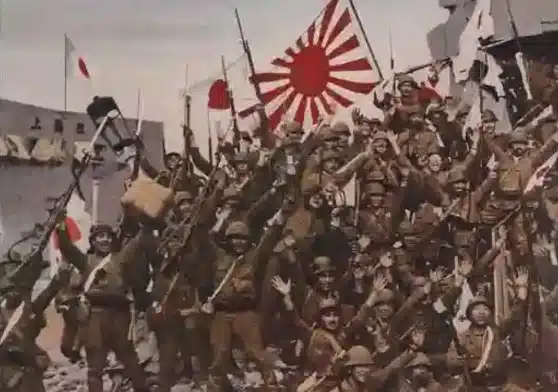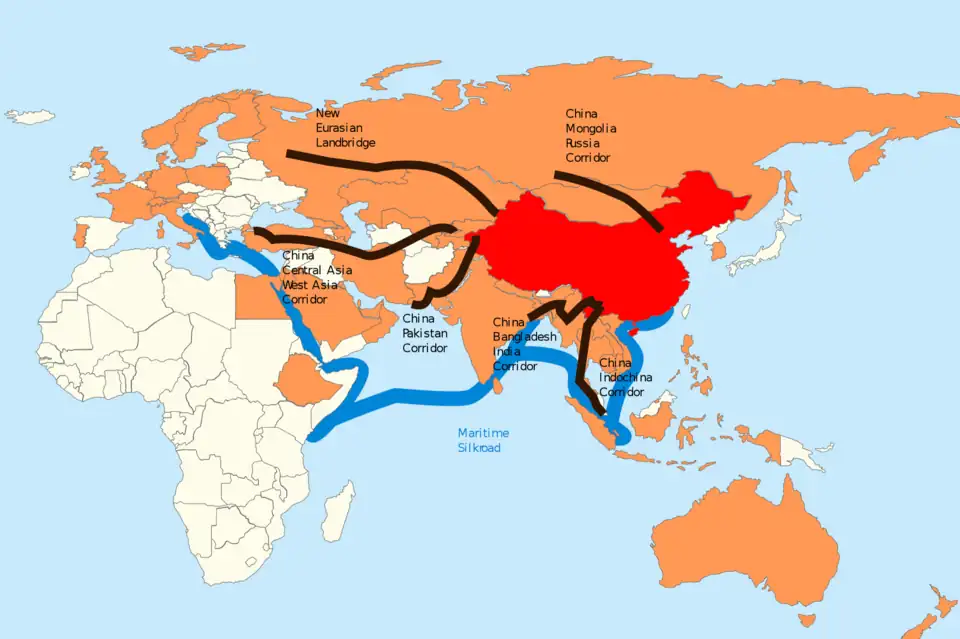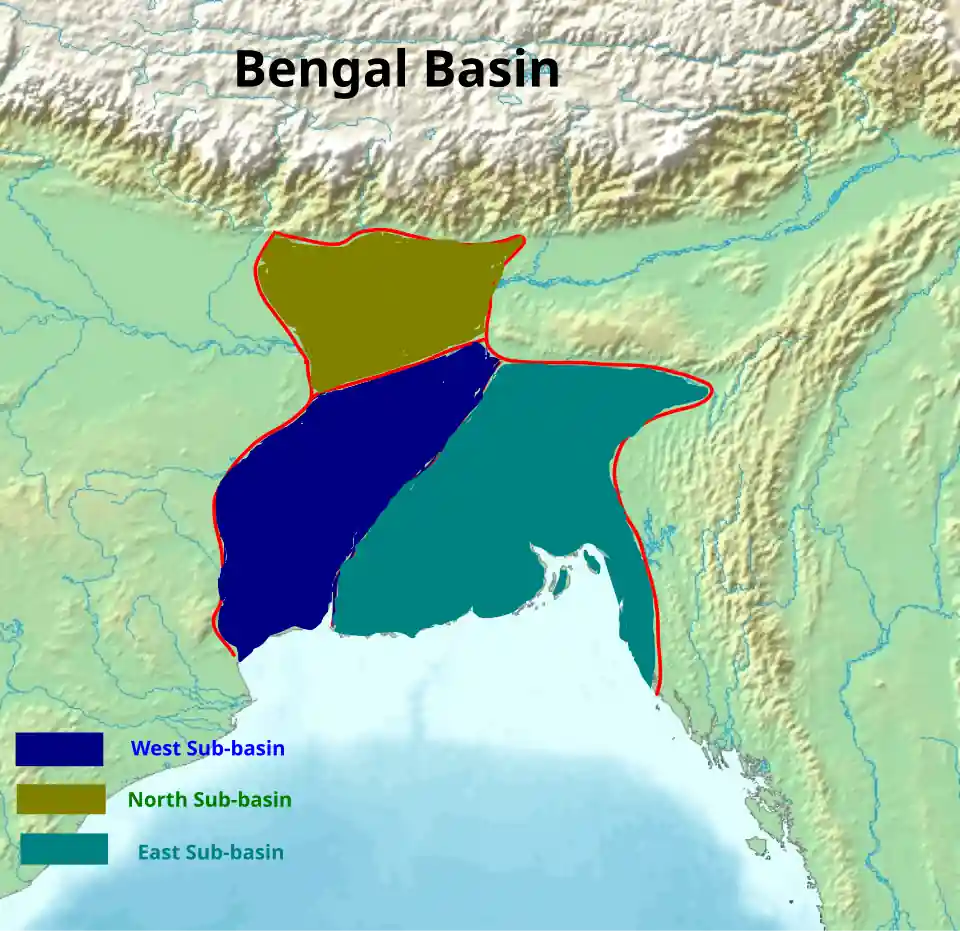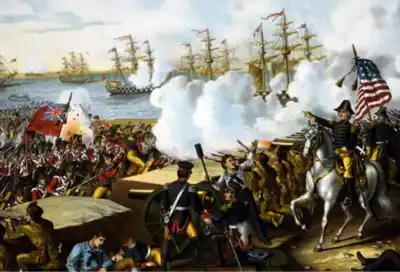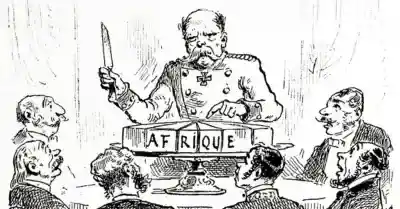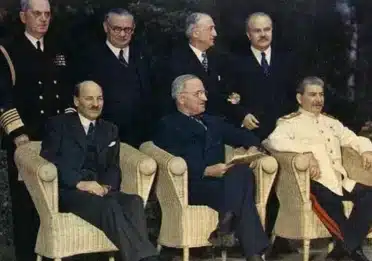Historical background: Opium smuggling and tensions
In 1997, Hong Kong’s evolution reached a historic milestone as its 150-year status as a British colony ended, with authority transferred to China, marking the conclusion of the last major colony under the British Empire.
Hong Kong’s incorporation as a British colony had its origins in the First and Second Opium Wars. The First Opium War began in 1839 and earned its name due to a key factor: the British illegally transported opium from their Indian colonies into Chinese ports, despite objections from the Chinese government.
The Opium Wars ended in the signing of two treaties, each expanding the territorial boundaries of Britain’s Hong Kong territory. These agreements were followed by a noteworthy 99-year lease in 1898, which granted Britain additional land control. However, this lease concluded in 1997, paving the way for the eventual transfer of authority back to China.
💻 Table of Contents:
- The Complex Landscape: Origins and Conflicts
- Inequitable Terms: The Treaty’s Key Provisions
- Rise of Nationalism and Anti-Imperialism
- Fall of the Qing Dynasty
- Lessons from History’s Page & Maps of Hong Kong over the time
The Treaty of Nanking signified the peace accord that brought the First Opium War (1839–1842) to a close, marking the resolution between Great Britain and the Qing dynasty of China on August 29, 1842.
The Opium War, which took place from 1839 to 1842, was a direct result of the illegal opium trade between China and British merchants. For years, British merchants smuggled opium into China, causing extensive addiction and social problems. The Qing Dynasty, ruling China at the time, attempted to crack down on the illegal opium trade, leading to rising tensions between China and Britain.
 |
| Image Source: Google, Image By: Picryl |
The British government, backed by their military power, saw an opportunity to protect their profitable opium trade and expand their influence in China, ultimately leading to the outbreak of the Opium War—a military conflict that significantly impacted Hong Kong’s evolution and resulted in the signing of the Treaty of Nanking.
The Complex Landscape: Origins and Conflicts
The roots of the conflicts within the Treaty of Nanking can be outlined back to the clash between China’s traditional Confucian values and the growing influence of Western imperialism. The Qing Dynasty, which had ruled China since 1644, found itself unplanned to deal with the rapidly changing world and the military might of the British Empire.
The Treaty of Nanking was the conclusion of these conflicts, as it imposed a series of unequal terms on China. One of the key provisions of the treaty was the handing over of Hong Kong to the British, which marked the first significant territorial loss for China. Additionally, China was forced to open up five treaty ports for foreign trade, grant extraterritorial rights to British citizens, and pay a large protection to the British. Further treaties, such as the Treaty of Wanghia (1844), Treaty of Whampoa (1844), Treaty of Tientsin (1858), and Convention of Peking (1860), expanded trade and residence rights for foreign nations, laying the groundwork for Western economic influence and expansion in China.
 |
| Image Source: Google, Image By: Getarchive |
Inequitable Terms: The Treaty’s Key Provisions
The Treaty of Nanking contained several provisions that were completely unfair to China. One of the most significant provisions was the surrender of Hong Kong to the British. This marked the beginning of a long history of territorial licenses that China would be forced to make in the face of Western imperialism.
Another key provision was the opening of five treaty ports for foreign trade. This allowed British merchants to establish a strong base in China and exploit its resources. Additionally, the treaty granted extraterritorial rights to British citizens, meaning that they would be subject to British law rather than Chinese law while in China.
The Treaty of Nanking also forced a large coverage on China, which further weakened its economy and destabilized its sovereignty. These dictatorial terms laid the foundation for future conflicts and paved the way for further invasions on China’s sovereignty.
Rise of Nationalism and Anti-Imperialism:
The Treaty of Nanking opposed China’s long-standing belief in its own superiority and the concept of the “Middle Kingdom.” China had historically seen itself as the center of the world and expected other nations to pay tribute to its emperor. However, the Treaty of Nanking forced China to challenge the harsh realities of global diplomacy.
 |
| Image Source: Google, Image By: Picryl |
The unequal terms imposed by the treaty demonstrated that China was no longer the dominant power it once believed itself to be. It was a humbling experience for the Qing Dynasty and a wake-up call for the entire nation. China had to come to terms with the fact that it was now at the mercy of Western powers and that its sovereignty and equality were being undermined.
Furthermore, the Treaty of Nanking sparked a sense of nationalism and anti-imperialism in China. It laid the groundwork for movements and revolutions that would ultimately lead to the fall of the Qing Dynasty and the establishment of a new China.
Fall of the Qing Dynasty:
The Qing Dynasty, already weakened by internal conflict and external pressures, was unable to survive the chaos caused by the Treaty of Nanking and consequent conflicts. The unequal treaties imposed on China weakened the legitimacy of the Qing Dynasty and fueled unhappiness among the Chinese people.
The fall of the Qing Dynasty can be traced back to the conflicts and inequities within the Treaty of Nanking. It marked the end of centuries of imperial rule in China and set the stage for the birth of a new era.
💻 You May Also Like:
- From Xiongnu Raids to the Great Wall: China’s Defensive Strategy
- Silk Road Showdown: Assassination and Turko-Chinese Rivalry in Central Asia
Lessons from History’s Page & Maps of Hong Kong over the time:
The Treaty of Nanking serves as a graphic reminder of history and its complexities. By studying the Treaty of Nanking, we can gain valuable insights into the dynamics of power, diplomacy, and the consequences of unequal treaties. It allows us to reflect on the mistakes of the past and strive for a more rightful and just future.
To really understand how the Treaty of Nanking changed the land, we need to look at maps of Hong Kong at different times. These maps show how Hong Kong went from being Chinese to British, and they help us see how the treaty affected China’s borders.
Conclusion: The lasting effects of the Treaty of Nanking
The Treaty of Nanking remains a defining moment in the history of China and the world. Its complex landscape of conflicts and inequities continues to shape our understanding of imperialism, diplomacy, and the consequences of unequal treaties.
The outcome of the Treaty of Nanking has parts of the Treaty of Nanking, which came after Britain won the First Opium War. It points out two big things Britain got: Hong Kong land and easier trading rules for British merchants. As we navigate today’s complicated world, it’s essential to learn from the past and understand the role of Hong Kong’s evolution in working towards a fair and peaceful future.

